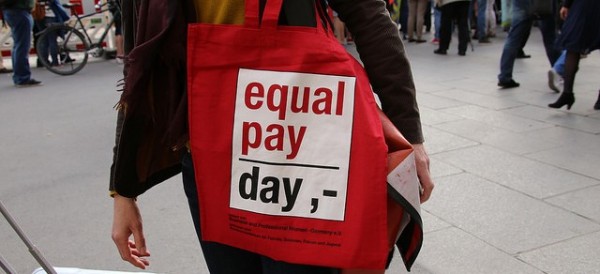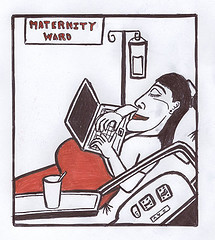- Chicago Magazine interviewed Eric Klinenberg (Professor of Social Science and Director of the Institute for Public Knowledge at New York University) about his new book, 2020: One City, Seven People, and the Year Everything Changed. The book–a “social autopsy”–focuses on New York City in the wake of the COVID-19 pandemic and examines how institutions broke down during the crisis. “Societies reveal themselves when they’re under threat,” Klinenberg said. “You can see who we are and what we value, whose lives matter and whose don’t.”
- Jonathan Wynn (Professor of Sociology at UMass Amherst) and Daniel Skinner (Associate Professor of Health Policy at Ohio University) recently wrote a piece for The Conversation on the “paradox of medically overserved communities.” For urban, non-profit hospitals, mission statements usually include providing a benefit to the local community; however, people living around these hospitals tend to have worse health in comparison to the broader city population.
- Paul Spoonley (Distinguished Professor Emeritus at Massey University) appeared on AM to comment on New Zealand’s aging population and low fertility rates. Spoonley noted that by the 2030s, 1 in 4 people will be over the age of 65 and that care for an older population will place fiscal strain on the government. This story was covered by Newshub.
- Lindsey D. Cameron (Assistant Professor of Management, Sociology at the University of Pennsylvania), Curtis K. Chan (Professor of Management and Organization at Boston College), and Michel Anteby (Professor of Management and Organizations, Sociology at Boston University) wrote an article for the Harvard Business Review on how gig workers respond to employers labeling them as “heroes.” They interviewed Instacart workers in 2020, after the company launched a “Household Heroes” marketing campaign. While some workers “readily embraced the hero label and viewed their work as resoundingly worthy,” others rejected the label and viewed the label as exploitative and manipulative. Most workers struggled “to reconcile the banality of grocery shopping with the idea that they were doing moral work.” Cameron, Chan, and Anteby warn companies that “moralizing jobs” to increase motivation can backfire.






